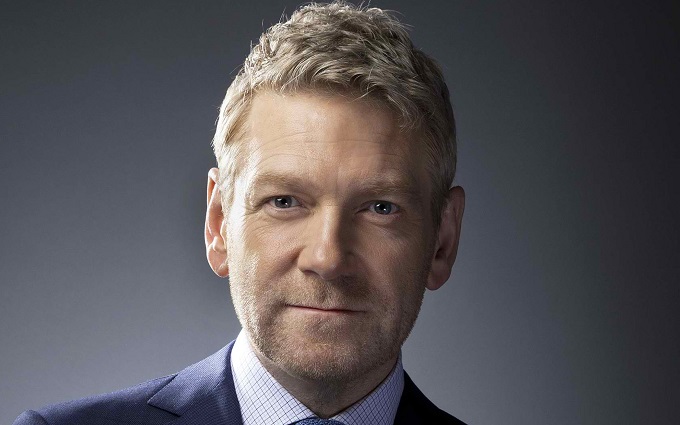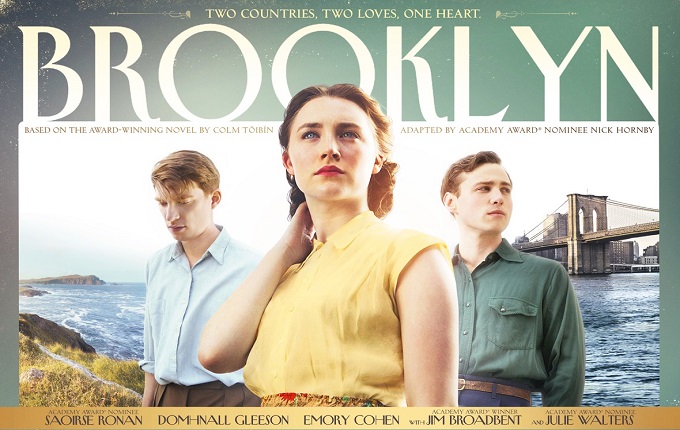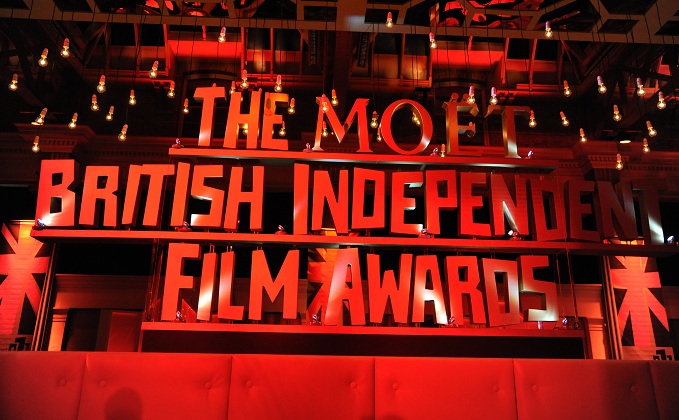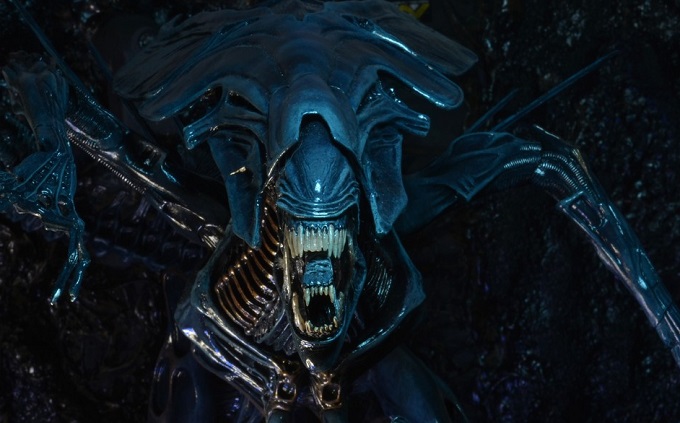Critics’ Circle Honour Kenneth Branagh

The UK’s top film critics will present Sir Kenneth Branagh with their highest accolade, the Dilys Powell Award for Excellence in Film, at their awards ceremony on Sunday 17th January.
Born in Belfast and raised in Reading, Branagh graduated from The Royal Academy of Dramatic Art in 1981 and is now its 16th president. He has enjoyed an acclaimed career as an actor, director, producer and screenwriter. His credits span theatre, TV and film. He notably adapted, helmed and starred in Henry V, Much Ado About Nothing and Hamlet. Other directing credits include Peter’s Friends, Mary Shelley’s Frankenstein in which he co-starred with Robert De Niro, the remake of Sleuth starring Michael Caine and Jude Law, and Mozart’s The Magic Flute. In a 34 year on-screen career he has appeared in such films as A Month in the Country, Dead Again, Harry Potter and the Chamber of Secrets, Othello, Rabbit-Proof Fence, Woody Allen’s Celebrity and Valkyrie.
The recipient of many major screen awards, Branagh won the Best Supporting Actor Bafta for his portrayal of Sir Laurence Olivier in My Week With Marilyn, a role for which the Critics’ Circle also honoured him. Uniquely, as a UK based filmmaker, he holds five Oscar nominations in five different categories. No stranger to the Hollywood blockbuster, he has directed Thor, Jack Ryan: Shadow Recruit and this year’s charmer, Cinderella.
Kenneth Branagh was knighted in 2012 for his services to drama and to the community in Northern Ireland.
In anticipation of receiving this latest award, Branagh said:
As a young filmmaker, I had the privilege of meeting Dilys Powell. She was passionate, rigorous, humane. Her criticism was illuminating, thoughtful and bracing. This recognition in her name is a great honour to me personally and very meaningful. My sincere thanks to the Critics’ Circle.
The 36th London Critics’ Circle Film Awards will be presented at the May Fair Hotel on Sunday, 17th January 2016, at a ceremony hosted by actor-filmmakers Alice Lowe and Steve Oram. Nominations will be announced on Tuesday, 15th December.
Brooklyn Review

The Plot
In 1950s Ireland and New York, young Eilis Lacey (Saoirse Ronan) has to choose between two men and two countries.
The Good
Saoirse Ronan gives an incredible and likely award winning performance in this beautiful adaptation of Colm Tóibín’s 2009 novel of the same name. The story of Brooklyn is not particularly unique, with Ronan’s Eilis transporting herself from the familiar territory of 1950s Ireland to an entirely new world altogether in Brooklyn New York, struggling with the pain of homesickness as well as the guilt of happiness in her new found life across the pond.
The emotional themes of a homesick immigrant dominates the film and certainly succeeds in leaving audiences in tears as Ronan brings an utterly compelling role to life. Her strength and the maturity that she brings to the role just proves even further that she is without a doubt one of the finest actresses of her generation.
Ronan is aided by a strong supporting cast including Julie Walters, who appears in some of the films lighter moments as Eilis’ sharp tongued boardinghouse owner Mrs. Kehoe, producing instantly memorable dinner scenes. Jim Broadbent, meanwhile brings a heartwarming sense of calm during some of the more heartbreaking scenes as Eilis’ benefactor, Father Flood.
At its center Brooklyn is a love story, particularly held together by both Ronan and Emory Cohen as the Brooklyn side of a trans-Atlantic love triangle . Cohen brings a touch of class and romance to the story which, along with his seamless chemistry with Ronan, makes their story instantly believable.
The Bad
Unfortunately the other side of this love triangle played by Domhnall Gleeson feels more like a third wheel. Gleeson plays Jim Farrell, a romantic complication who appears in the films latter half after a tragedy brings Eilis back home. Feeling very shoehorned in as one of the ways in which Eilis’ life is so easily set up to continue back in Ireland along with a job and her old home. Gleeson’s performance is just too quiet to feel like a true equal to the love Eilis finds in America. While the rest of the temptation of familiarity with her old life is easy to understand, Jim’s addition feels underdeveloped and too quickly added in. Perhaps if he’d had some focus in the films opening, it may have worked better.
The Ugly Truth
Brooklyn is a beautifully shot and wonderfully told tale of what it is to be homesick and the temptation to slip back into familiarity at the risk of losing a more exciting life. Saoirse Ronan brings an incredible performance along with a strong supporting cast. However when the setting returns to Ireland, the final act feels less convincingly emotionally conflicted than it clearly intends to be.
Review by Johnny Ellis
British Independent Film Awards Nominations 2015

The British Independent Film Awards 2015 Nominations lists were announced in London by Thomas Brodie-Sangster and Gemma Chan.
Films such as Macbeth, 45 Years, High-Rise, Ex Machina, The Lobster and Amy were among the independent productions dominating across a number of categories this year.Check out a full list of nominees across all categories below:
Best British Independent Film
45 Years
Amy
Ex Machina
The Lobster
Macbeth
Best Director
ANDREW HAIGH 45 Years
ASIF KAPADIA Amy
ALEX GARLAND Ex Machina
YORGOS LANTHIMOS The Lobster
JUSTIN KURZEL Macbeth
Best Screenplay
45 Years Andrew Haigh
Brooklyn Nick Hornby
Ex Machina Alex Garland
High-Rise Amy Jump
The Lobster Yorgos Lanthimos, Efthymis Filippou
Best Actress
MARION COTILLARD Macbeth
CAREY MULLIGAN Suffragette
CHARLOTTE RAMPLING 45 Years
SAOIRSE RONAN Brooklyn
ALICIA VIKANDER The Danish Girl
Best Actor
TOM COURTENAY 45 Years
COLIN FARRELL The Lobster
MICHAEL FASSBENDER Macbeth
TOM HARDY Legend
TOM HIDDLESTON High-Rise
Best Supporting Actress
HELENA BONHAM CARTER Suffragette
OLIVIA COLMAN The Lobster
ANNE-MARIE DUFF Suffragette
SIENNA MILLER High-Rise
JULIE WALTERS Brooklyn
Best Supporting Actor
LUKE EVANS High-Rise
BRENDAN GLEESON Suffragette
DOMHNALL GLEESON Brooklyn
SEAN HARRIS Macbeth
BEN WHISHAW The Lobster
Most Promising Newcomer
ABIGAIL HARDINGHAM Nina Forever
AGYNESS DEYN Sunset Song
BEL POWLEY A Royal Night Out
MIA GOTH The Survivalist
MILO PARKER Mr Holmes
Debut Director
CORIN HARDY The Hallows
PAUL KATIS Kajaki: The True Story
CHRIS & BEN BLAINE Nina Forever
JOHN MACLEAN Slow West
STEPHEN FINGLETON The Survivalist
Producer of the Year
45 Years
Amu
Kajaki: The True Story
The Lobster
The Violators
Outstanding Achievement in Craft
Editing Chris King – Amy
Casting Fiona Weir – Brooklyn
Production Design Mark Digby – Ex Machina
VFX Andrew Whitehurst – Ex Machina
Discovery Award
Aaaaaaah!
Burn Burn Burn
Orion: The Man Who Would Be King
The Return
Winter
Best British Short
Balcony
Crack
Edmond
Love Is Blind
MANoMAN
Best International Independent Film
Carol
Force Majeure
Girlhood
Room
Son of Saul
Best Documentary
Amy
Dark Horse: The Incredible True Story of Dream Alliance
How To Change The World
Palio
A Syrian Love Story
The Moët British Independent Film Awards will take place in London on December 6.
Prometheus Sequels Hault Neill Blomkamp Alien Reboot

Ridley Scott is determined to deliver several sequels to Alien origin story Prometheus. The first of which Alien: Paradise Lost is set to begin filming in January 2016. Unfortunately it seems Fox has decided to put Neill Blomkamp’s planned Alien sequel on hold to focus on Scott’s series.
The District 9 and Chappie director broke the news on Twitter:
“Alien is kinda holding/ pending prometheus 2. So I shall be working on other things… as much as I love the xeno- and Lt ripley,”
It could just be a brief delay, though if the studio intends to allow Ridley Scott to finish his new series it could push Blomkamp’s own efforts into even more uncertain territory. Ridley Scott is already talking about his hopes to make as many as three follow ups to Prometheus.
Fans will be disappointed as Blomkamp’s concept art for a sequel to Aliens which ignored the events of Aliens 3 and Alien: Resurrection, bringing back Sigourney Weaver as Ripley in the process, had been met with considerable fan enthusiasm and excitement.
Guardians Of The Galaxy Vol. 2 Adds Female Lead

Marvel and director James Gunn reportedly failed in their ambitious efforts to tempt Matthew McConaughey into playing the sequels lead villain. The Oscar winning star has reportedly already turned down the chance to challenge Chris Pratt to an intergalactic dance off.
However in more positive news French actress and Oldboy star Pom Klementieff has joined the cast in an unspecified role that reportedly required lots of chemistry reads. So odds are she may be the new romantic interest for Chris Pratt’s Star Lord. We’ll keep you posted with news of confirmed pelvic sorcery…